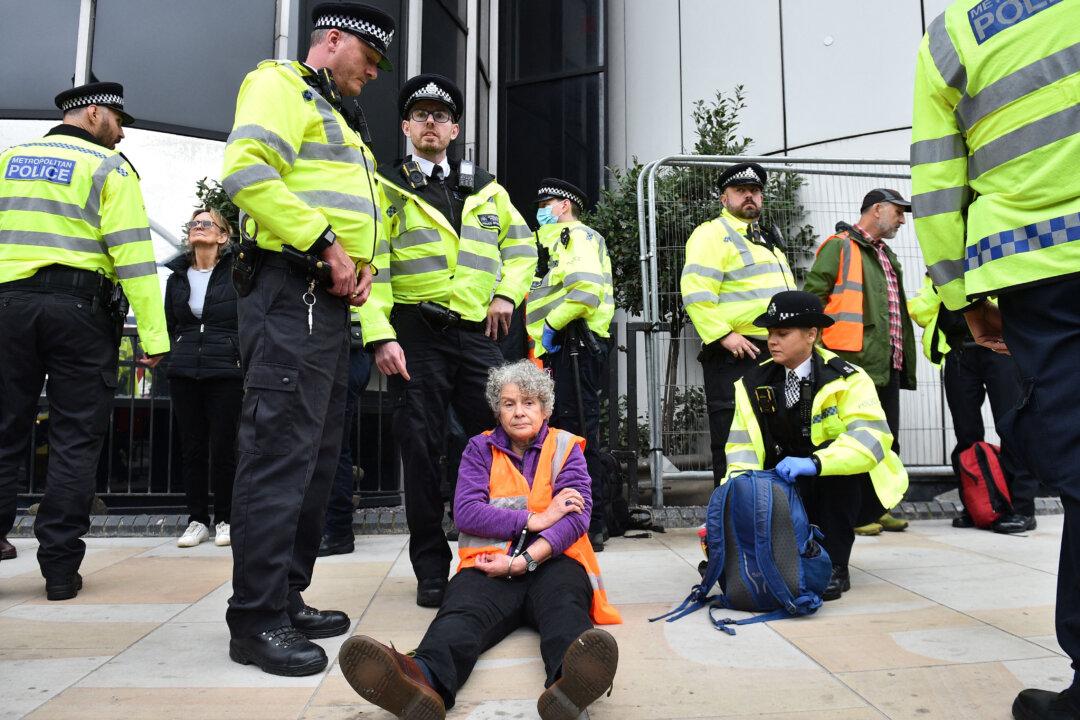A group of climate activists has refused to back down after a new injunction was issued against their traffic-disrupting protests.
Insulate Britain, which demands taxpayer-funded insulation for all British households, vowed to target the M25 motorway from Wednesday despite five injunctions banning them from obstructing traffic on all motorways and major roads across England, as well as 14 locations in London.





